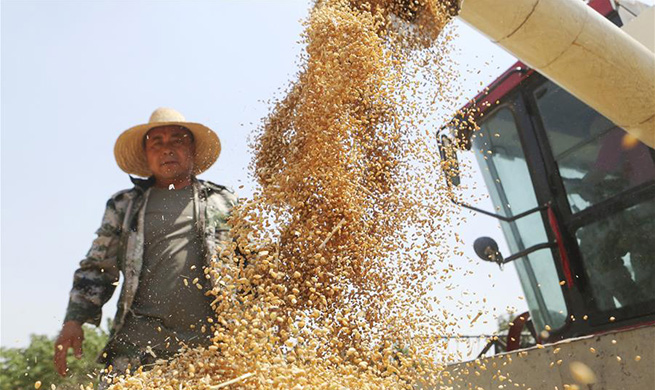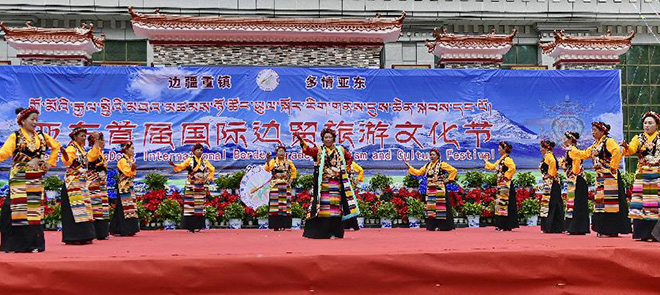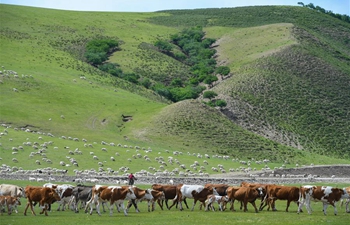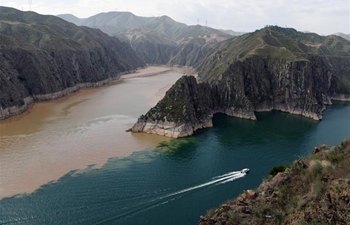SUVA, June 3 (Xinhua) -- With the Pacific region being vulnerable to health security risk brought by climate change, universal health coverage (UHC) has been emphasized as a means to finance health services to avoid financial hardship in the region.
Fiji's Minister for Health Ifereimi Waqainabete said on Monday that while the health status of the Pacific people had improved remarkably over the last 20 years, progress has been slower compared to other parts of the world.
He said this while opening the 2019 Regional Pacific Public Health Surveillance Network (PPHSN) meeting in Nadi, Fiji's third largest city where regional health stakeholders were being convened.
"UHC is intended to build an efficient and resilient health system, create an affordable care and a system of financing health care that doesn't impoverish users, access to essential medicines and technologies, health workers who are motivated and sufficient in numbers and skills, efficient, functional administrative and governance arrangements and transparency in tracking progress and achieving equity," the minister said.
Waqainabete said the Pacific's impact from five intense tropical cyclones in the past five years, and the outbreak of arboviral diseases and non-communicable diseases strained under-resourced health systems.
"The challenges are plentiful but not insurmountable. There is a fresh impetus through renewed focus on neglected tropical diseases such as arboviral diseases and zoonotic diseases such as leptospirosis through global and regional declarations and boosted responses," he said.












